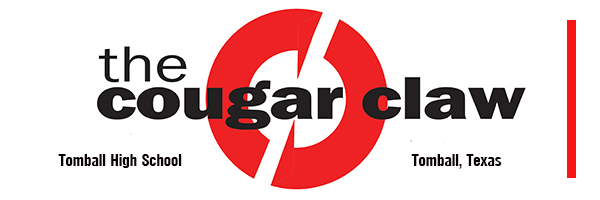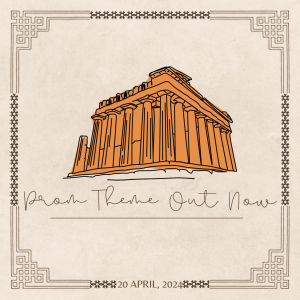With so many hot-button issues floating around the political spectrum, various arguments have come up regarding the intentions of our founding fathers and how they meant us to interpret the Constitution. Unfortunately, there are quite a few would-be ‘time-traveling mind readers’ in this ongoing battle that are unaware of many key facts. Perhaps what is the largest of these false assumptions is the idea that America was founded as a Christian nation, and still is to this day.
This concept has been used to further more than a few political agendas, but as one sifts through the facts and the history of our nation, it doesn’t take too long to poke gaping holes in it.
One of the most prominent issues to address is the intentions and beliefs of those that founded this country. A common notion thrown around is that they based the Constitution on Judeo-Christian values at the time. A number of their documented quotes quickly nullify this idea.
For starters, Benjamin Franklin was known to say that “Lighthouses are more helpful than churches” along with, “The way to see by faith is to shut the eye of reason.” Though these words might seem secular, he has other quotes that support the idea of religion as well. Historians say that while he was raised Episcopalian, he was a Deist in adult life.
Deism is a much broader, more malleable faith to follow that borrows the most basic moral tenants from Christian texts, adds the idea of an unknown Deity, and avoids forcing their ideas upon others. A Deist such as Franklin would abhor the thought of a nation built around religion.
Thomas Jefferson falls into the same boat as Franklin, with quotes such as, “I do not find in orthodox Christianity one redeeming feature” along with others that support faith as well; thus adhering to the ideals behind Deism. When it comes to how religion should be applied to politics, Jefferson is much more outspoken in comparison to Franklin, as seen in his draft of the Virginia Statue for Religious Freedom in which he stated “…that our civil rights have no dependence on our religious opinions any more than our opinions in physics or geometry…” In fact, he was so adamant about this belief that this document was one of only three accomplishments listed on his epitaph.
With the intentions of those that founded our country clarified, it’s also important to fast-forward and look at another common misconception about the Pledge of Allegiance.
Many will reference the fact that ‘God’ is mentioned in the pledge to further the idea of a Christian nation, but most neglect to mention that it was not added to the pledge until 1954. Even then, it was only added to separate us from the Communists as much as possible during the Red Scare.
The idea that America is essentially a theocracy (a government run by religion) as opposed to a democracy seems then like a mistaken belief, and a dangerous one at that, capable of rewriting history to satisfy other’s agendas.















